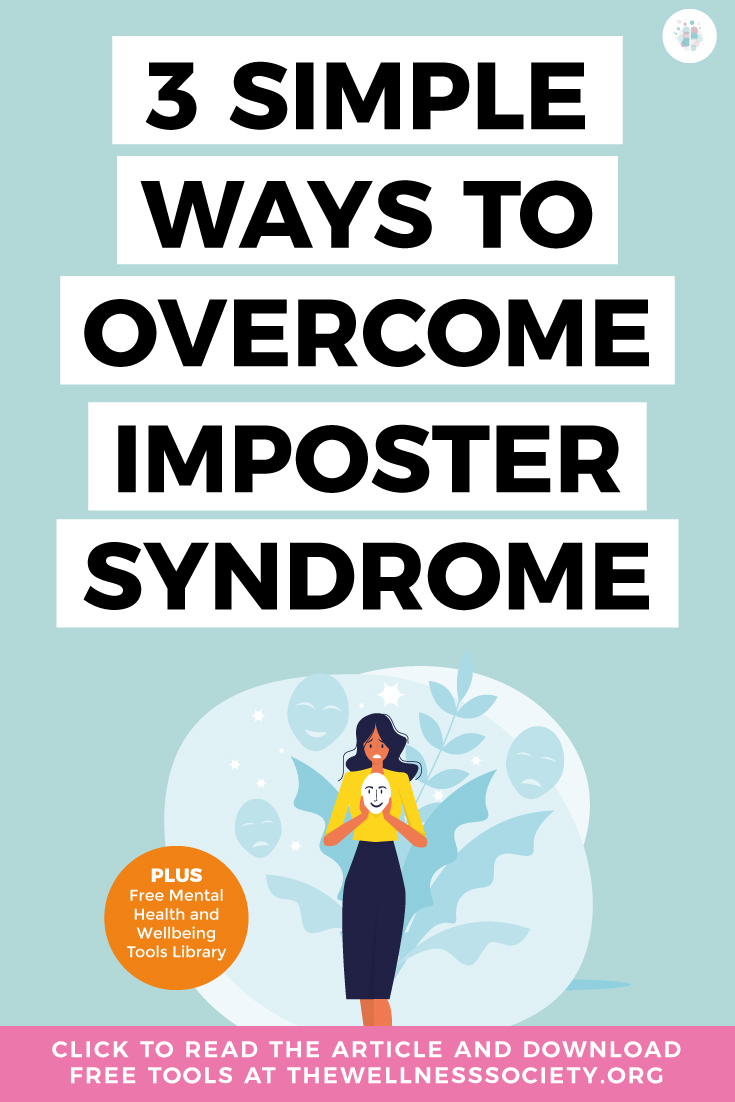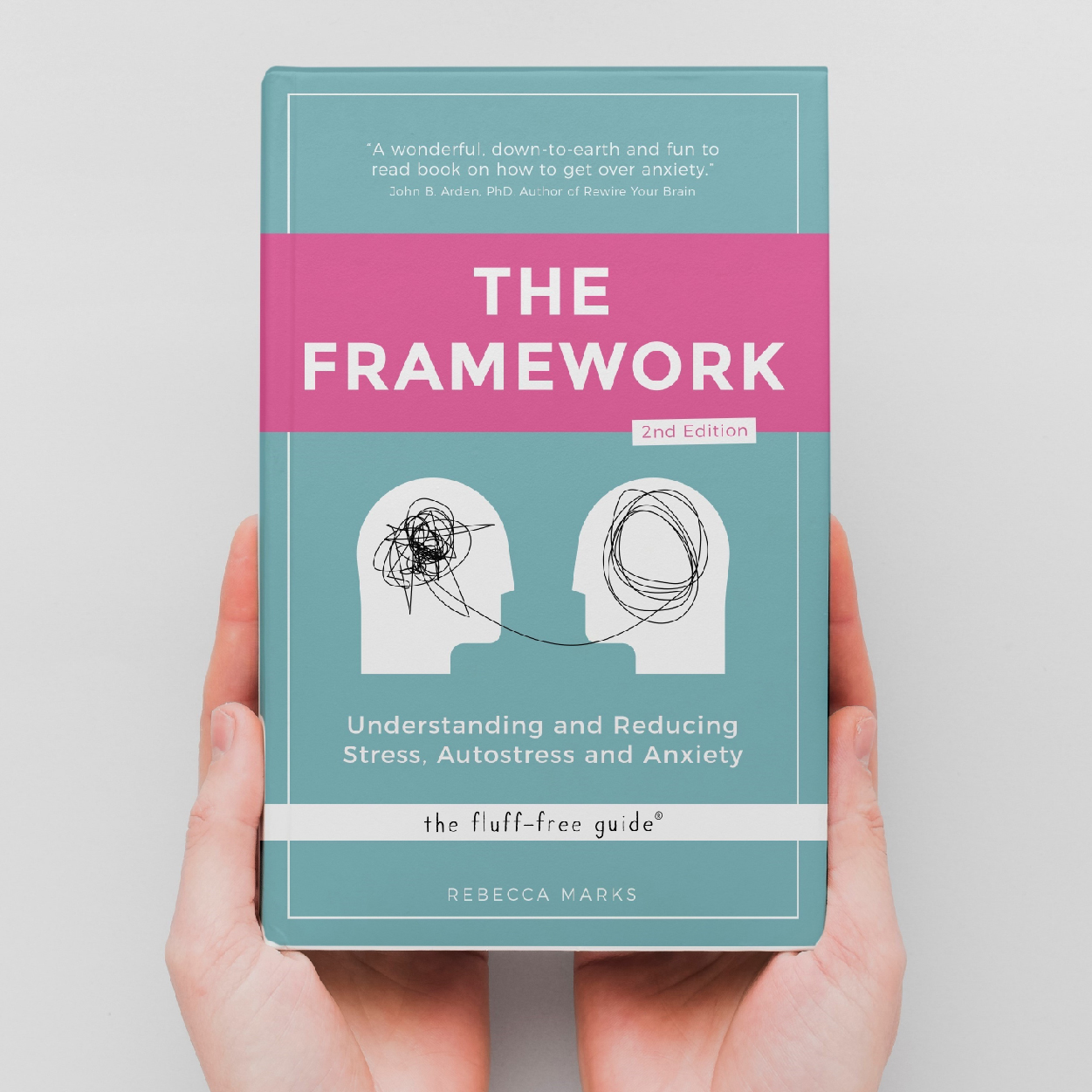Put simply, imposter syndrome is the feeling that you’re not good enough and that others see you as a fraud.
When you’re in the grips of it, it can leave you feeling like you’re in a room full of people more competent, confident and experienced than you.
You may worry that everyone’s looking at you knowing the truth - that you shouldn’t be there.
Imposter syndrome is very common, especially among high-achieving individuals.
Signs include:
- Feelings of self-doubt
- Being hard on yourself; finding reasons why you’re inadequate compared to others
- Feeling as though you have to constantly be achieving or overachieving
- Sabotaging your own success
- Believing that success came from external factors (luck or other people helping, etc.)
- Setting extremely challenging goals and feeling disappointment when they’re not reached
Depression, anxiety and burnout are often seen in people who show signs of imposter syndrome.
What Causes Imposter Syndrome?
Your brain is hard-wired to protect you.
It takes some winning over for it to agree that something with a possible risk of harm (such as emotional harm or damage to reputation) is a good choice.
If your mind can do something to keep you in your comfort zone, it’ll do it.
For example, your mind might constantly remind you of the time you tried something and it didn’t go as well as you’d hoped.
What the risk-averse mind fails to tell you, is all the positive moments and successes you’ve had. This is referred to as the brain’s negativity bias, and it essentially means that for all the good that’s going on, your mind focuses on the negatives.
This book used to be on Amazon. Now it's free!
3 Simple Ways to Overcome Imposter Syndrome
It might not feel like it, but there are some simple ways that you can start to overcome imposter syndrome:
1. Remind Yourself It’s All in Your Mind
By recognising it’s in your mind, you can take better control over it because you have the power to change your thoughts. This can influence how you feel and the actions you then take.
Start regularly reminding yourself of your brain’s inherent negativity bias.
2. Confront Negatively Biased Thoughts
Now you know that your mind concentrates on the negatives, it's your job to remind it of the positives.
When you start to dwell on the time you forgot your words during a staff meeting, remind yourself of the other successes you’ve achieved.
If it helps, write them out and stick them in places you’ll regularly see them to serve as a reminder to concentrate on the positive!
3. Journal the Small Wins
If you’re suffering from a serious case of imposter syndrome, it can be worth starting small by learning to recognise the little things that lead to bigger accomplishments.
Grab a notepad (or use your phone) and over the period of a week or two, write down all the small wins you achieve every day.
From completing a report on time, reaching your objectives for the day, down to having time to get in a workout or successfully getting the children to school and getting to work on time.
Every small win counts, and will show you just how much positivity can get lost when you’re so focused on one bigger goal.
Taking the time to appreciate these small achievements can build your confidence and make challenging those fraudulent feelings a lot easier over time.
Summary
Imposter syndrome is characterized by feelings of self-doubt, self-criticism, and worrying that others see you as a fraud.
It's related to the brain’s negativity bias, and is a natural response to something that poses a risk to our mental or physical wellbeing.
Way to overcome imposter syndrome include:
- Recognising imposter syndrome starts in the mind, which you can take control of
- Confronting negative thinking patterns
- Journaling small wins to build your confidence
This book used to be on Amazon. Now it's free!

About Simone
I am a mental health nurse and owner of The Wandering Mind. Through The Wandering Mind I create copy, resources and articles on mental health. I also offer 1:1 wellbeing sessions to improve mood, mental wellness and reach goals/aspirations.My credentials: Registered Mental Health Nurse, ATP Level 2 in CBT Essentials, Licensed Trainer in Outcome Star (goal and progression key working tool).
My instagram/facebook handle is @wanderingmindmentalwellbeing
My website is: www.thewanderingmind.co.uk
Pin For Later


